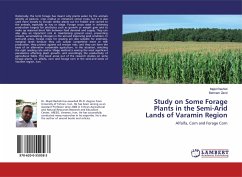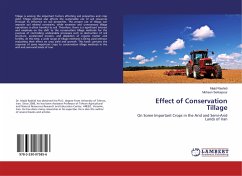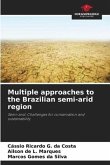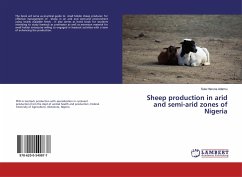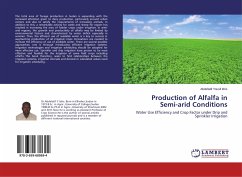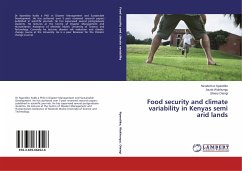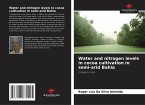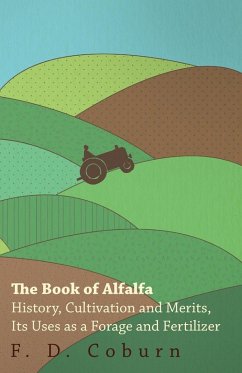Historically, the term forage has meant only plants eaten by the animals directly as pasture, crop residue or immature cereal crops, but it is also used more loosely to include similar plants cut for fodder and carried to the animals, especially as hay or silage. Forage crops assist in achieving production targets for attributes such as growth or weight gain and to make up seasonal short falls between feed demand and supply. They can also play an important role in maintaining ground cover, preventing erosion, accumulating nitrogen in the soil and improving land condition. In semi-arid areas, forage crops for grazing are also suitable for extensive, marginal lands because they can sustain competitive meat or milk production, they protect against soil erosion risks, and they can form the basis of an alternative sustainable agriculture. In this situation, selecting the right seeding rate and/or tillage method is among the most significant parameters affecting plant growth, and accordingly the productivity of agricultural fields. This book arose out of the research studies on some forage plants, i.e. alfalfa, corn and forage corn in the semi-arid lands of Varamin region, Iran.
Bitte wählen Sie Ihr Anliegen aus.
Rechnungen
Retourenschein anfordern
Bestellstatus
Storno

